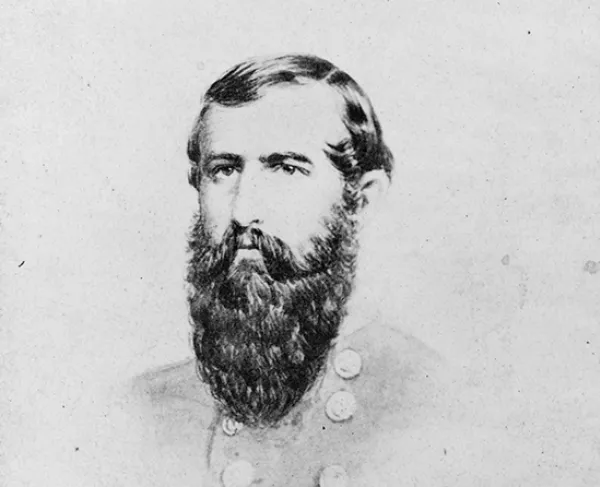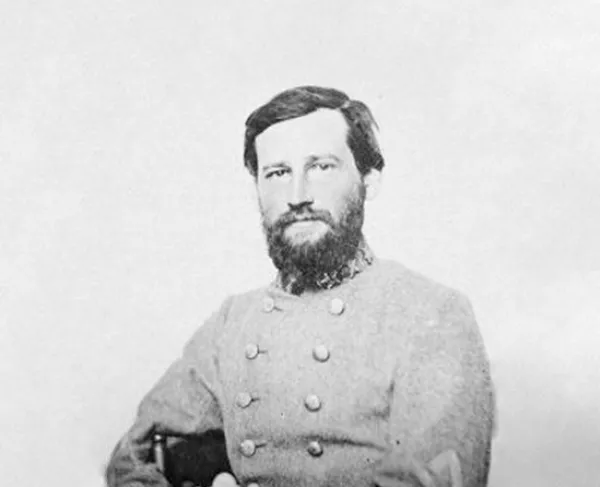
Chickasaw Bayou
Walnut Grove
Vicksburg, MS | Dec 26 - 29, 1862
In the first major engagement of the Vicksburg Campaign, Maj. Gen. William T. Sherman failed to defeat Confederate forces at Chickasaw Bayou, which contributed to Maj. Gen. Ulysses S. Grant’s inability to capture the city of Vicksburg, Mississippi, by a direct approach as initially planned.
How It Ended
Confederate victory. By December 30, 1863, William T. Sherman determined that continuing to fight at Chickasaw Bayou would not be victorious; instead, he set his sights to attack Drumgould’s Bluff with naval support further northeast. However, with Union forces under Ulysses S. Grant unable to make headway toward Vicksburg via the Mississippi Central Railroad and unable to send Sherman reinforcements, Sherman’s attack was called off. Union forces then stalled all large action to take the city of Vicksburg until April 1863.
In Context
Vicksburg, Mississippi, not only gave the Confederacy control over part of the Mississippi River but also connected the two sides of the Confederacy for troops and supplies to pass through. Because of these attributes, Union forces set their sights on capturing the city. They initiated the Vicksburg Campaign in December 1862 with a two-pronged approach to capture the city via Sherman's Chickasaw Bayou expedition and Grant's approach to Vicksburg via the Mississippi Central Railroad.
Starting in November 1862, western Union forces focused their efforts on Vicksburg, Mississippi, initiating the Vicksburg Campaign. Under Maj. Gen. Ulysses S. Grant, part of the Union forces, marched south down the Mississippi Central Railroad while the other part under Maj. Gen. William T. Sherman was assigned to attack the Confederates at Chickasaw Bayou.
30,720
12,792
December 26: Brigades under Col. John F. DeCourcy, Brig. Gen. David Stuart, and Brig. Gen. Francis P. Blair, Jr. performed a reconnaissance of the Confederate defenses at Chickasaw Bayou.
December 28: Brig. Gen. Frederick Steele’s division attacked the Confederate right flank but was repulsed by artillery fire.
December 29: From 7 am until 11 am, Union artillery bombarded the Confederate defenses but did minor damage. At noon, Union forces advanced with Blair’s brigade moving toward the left, DeCourcy’s down the center, and Brig. Gen. John M. Thayer’s toward the right. Unfortunately, only the 4th Iowa Infantry from Thayer’s brigade reached their destination and joined the fight. Unable to make any ground, Sherman ordered another assault under Brig. Gen. Andrew J. Smith toward the center of the Confederate line, but was unable to dislodge the Confederate forces from their positions.
1,776
207
While Union forces were unable to dislodge the Confederate troops from their positions, Sherman planned to attack, again. However, instead of attacking at Chickasaw Bayou, he hoped to attack on Drumgould’s Bluff further northeast. By December 31, his troops were in position, but combat did not commence due to heavy fog in the area. Meanwhile, Grant’s lines of communication were disrupted by Confederate cavalry under Brig. Gen. Nathan Bedford Forrest and his supply depot at Holly Springs was destroyed by Maj. Gen. Earl Van Dorn. Without supplies or reliable communication, he called off his overland advance along the Mississippi Central Railroad. Hearing of Grant’s withdrawal, Sherman withdrew from Drumgould’s Bluff. Large expeditions to take Vicksburg were not recommenced until April 1863.
At the beginning of the Civil War, Union General Winfield Scott proposed the Anaconda Plan, which called for a naval blockade of all Confederate forts along the coast and the takeover of the Mississippi River to cut the Confederacy in two. By Fall 1862, Vicksburg was the last city along the river still occupied by the Confederate forces, and, once that city fell, the entire Mississippi would fall under Union control.
Related Battles
30,720
12,792
1,776
207









